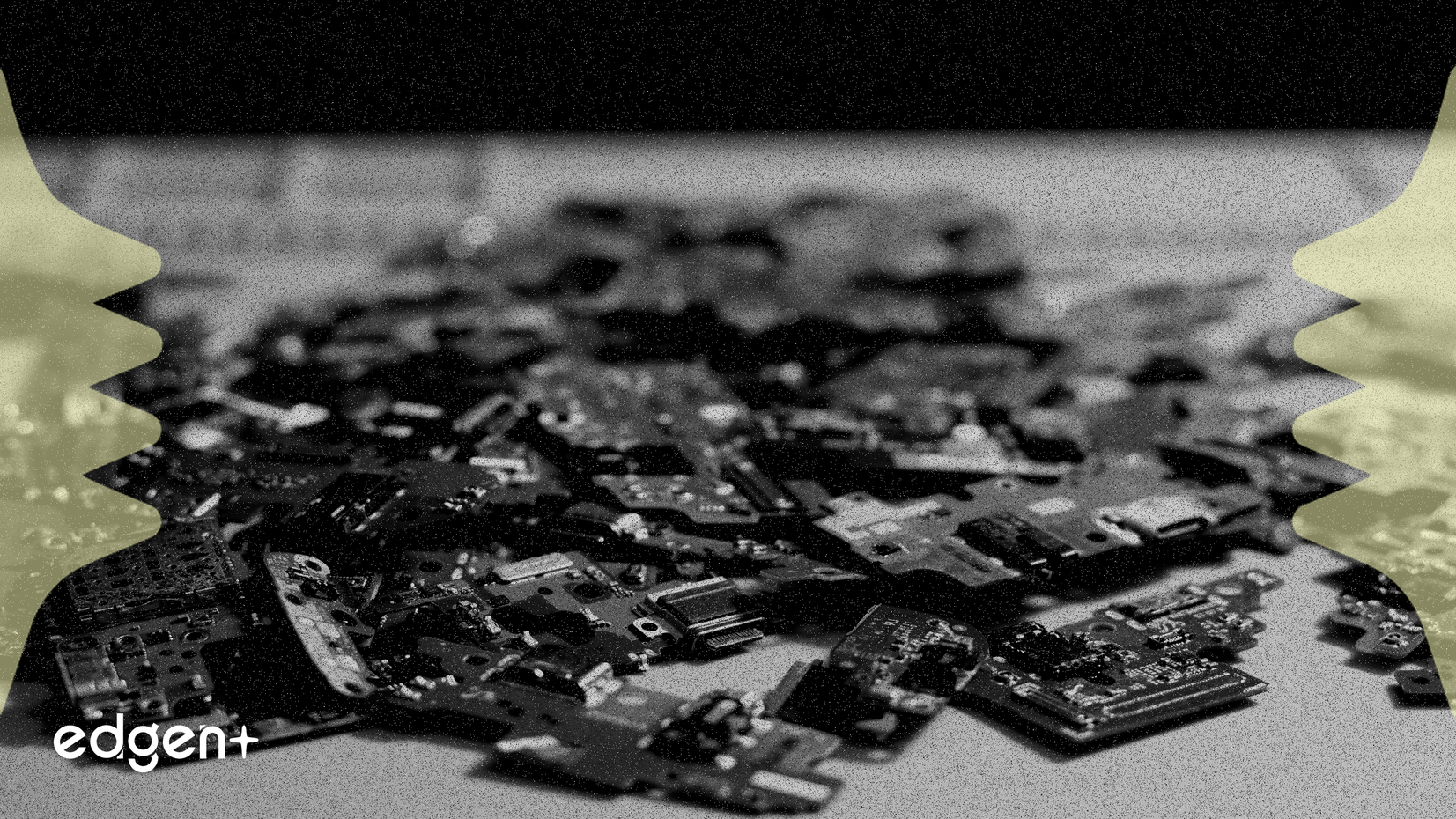Corintis Secures $24 Million Series A Amid Chip Cooling Breakthrough
Corintis, a semiconductor cooling startup, has successfully closed a $24 million Series A funding round, bringing its total capital raised to $33.4 million. This significant investment follows a collaborative breakthrough with Microsoft (MSFT), which has yielded a chip cooling system demonstrably three times more effective than existing technologies. The development directly addresses a critical thermal bottleneck hindering the advancement of Artificial Intelligence (AI) computation.
The Event in Detail: Alleviating AI's Thermal Challenge
At the core of the announcement is Corintis's innovative microfluidic cooling technology. This system, developed in partnership with Microsoft, reportedly reduces the maximum temperature rise inside a GPU by 65%. The long-term objective is to achieve a tenfold improvement in cooling efficiency for AI data centers, a crucial step as AI accelerators demand ever-increasing power. Early NVIDIA (NVDA) chips, for instance, operated at 400W, but modern AI GPUs are projected to require 10x that power, necessitating advanced liquid cooling solutions.
Notably, Intel CEO Lip-Bu Tan joined Corintis's board as a director and investor prior to his appointment at Intel (INTC), underscoring the strategic importance of this cooling technology for the broader semiconductor industry. Corintis aims to bridge the gap between chip design and cooling, enabling the creation of next-generation AI chips with superior thermal performance. The company has already manufactured over 10,000 cooling systems and plans to scale production to over one million units annually by 2026.
Analysis of Market Reaction: A Catalyst for AI Infrastructure
The market is likely to view this development as a significant positive for companies engaged in AI and semiconductor infrastructure. The ability to cool increasingly powerful AI chips more efficiently removes a major obstacle to performance scaling and data center density. This breakthrough could accelerate AI development and deployment, driving increased demand for high-performance AI chips and related hardware. Corintis's technology, particularly its Glacierware design automation, copper microfluidic manufacturing, and Therminator emulation platforms, positions it as a key enabler for future AI advancements. Microsoft itself stands to gain a competitive advantage by integrating this advanced cooling into its Azure Cobalt CPUs and Maia AI accelerators, strengthening its Azure cloud offerings.
Broader Context and Implications: Reshaping the Semiconductor Landscape
This innovation arrives at a pivotal moment, as the "thermal ceiling" has become a growing concern for the AI industry. The insatiable demand for computational power has led to chips with unprecedented power densities. By making cooling a fundamental design feature rather than an afterthought, Corintis's microfluidic approach enables new 3D architectures for chips that were previously unfeasible due to thermal limitations. This is not merely an incremental improvement but a foundational shift that will influence future chip design and data center architecture. The move aligns with the increasing trend of major technology companies partnering to address critical infrastructure challenges, with Corintis expanding its presence with new US offices and an engineering site in Munich, Germany, to serve a growing customer base.
Lip-Bu Tan commented, "Cooling is one of the biggest challenges for next-generation chips. Corintis is fast becoming the industry leader in advanced semiconductor cooling solutions to address the thermal bottleneck, as made evident by its growing customer list."
Expert Commentary: Unlocking Performance and Sustainability
Industry experts emphasize the transformative potential of this cooling breakthrough.
David Byrd, general partner at BlueYard Capital, which led the funding round, stated, "AI's insatiable demand for compute is pushing chips to unprecedented power densities — Corintis is unlocking the next wave of performance by making cooling a design feature, not an afterthought."
Husam Alissa, director of systems technology in Cloud Operations and Innovation at Microsoft, highlighted the direct benefits: "The thermal margin is translated at the software layer to yield more performance and overclocking potential. It also enables new 3-D architectures for chips that are not possible today due thermal limitations of stacking high power SOC's without inner layer cooling."
Beyond performance, this technology also offers a pathway to more sustainable computing by reducing energy and water consumption associated with traditional data center cooling, aligning with global regulatory pressures and corporate sustainability goals.
Looking Ahead: A Critical Juncture for Chip Manufacturers
The implications for semiconductor giants like NVIDIA (NVDA), Intel (INTC), and AMD (AMD) are substantial. This technology presents an immense opportunity to push performance boundaries, extending product roadmaps and enabling advanced architectures. NVIDIA, with its dominant position in AI GPUs, could further solidify its lead by integrating such cooling. Conversely, failure to develop or adopt competitive in-chip cooling solutions could lead to offerings being thermally bottlenecked, potentially resulting in market share loss and slower innovation cycles. Microsoft personnel have suggested that companies relying on traditional cold plate technology within five years "are stuck." Investors will closely monitor the adoption rates of this technology across the industry, particularly how quickly major chipmakers and cloud providers integrate or develop their own in-chip cooling solutions to maintain competitive advantage in the rapidly evolving AI ecosystem. This innovation underscores a strategic imperative for continuous heavy investment in R&D and collaboration to scale production and integrate microfluidics into future chip generations.
ソース:[1] Intel CEO Lip-Bu Tan Backs $24M Corintis Board As Startup Solves AI's Biggest Bottleneck Problem (https://finance.yahoo.com/news/intel-ceo-lip- ...)[2] Corintis raises $24M to target the next AI bottleneck, and collaborates with Microsoft for chip cooling breakthrough - GlobeNewswire (https://vertexaisearch.cloud.google.com/groun ...)[3] Corintis raises USD $24M for AI chip cooling with Microsoft - DataCentreNews UK (https://vertexaisearch.cloud.google.com/groun ...)



